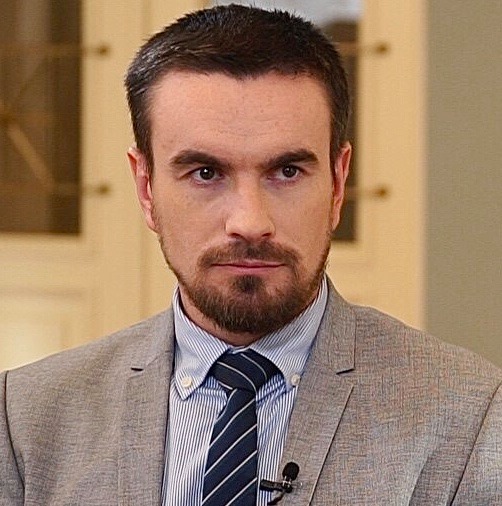This BISS-Trends issue is a semiannual monitoring report encompassing the main tendencies in the development of the Belarusian state and society in the first half of 2013.
The report identifies the key trends in the following areas: 1. political democratization/political liberalization; 2. economic liberalization; 3. good governance and the rule of law; 4. geopolitical orientation; 5. cultural policy.
Last year’s trend in political democratization/political liberalization continued throughout the first half of 2013, as stagnation persisted without hikes in the scope of repression. Since April 2012, when Andrei Sannikau and Zmicier Bandarenka were released, no political prisoners have been discharged from prisons. Stagnation of indicators in the freedom of speech, freedom of association, and freedom of assembly—the trend observed during the previous period—remained in place.
In the economic area, the macroeconomic situation retained equilibrium, although no structural economic reforms were put in place. A structural reorganization that is deemed necessary to boost the competitiveness of the national economy and create new growth points is substituted for by industrial modernization, announced in late 2012. State interference into the economy has grown stronger with a view to meeting the impossible growth targets for 2013, which creates serious systemic risks capable of undercutting the economic stability achieved previously.
In the good governance and the rule of law section, sporadic positive changes took place, including the initiative to reform the state machine and make staff reductions with a simultaneous increase in compensations paid to state officials. Overall, the first half of the year saw the same trend towards regress, as well as state interference in the economy and other spheres of public life. The most alarming trend during that period was that the state clearly redoubled its efforts to interfere in property relations.
In the first half of 2013, Belarus’s dependence on Russia increased. Integration within the Common Economic Space and Russia’s changing to carefully measured economic support for Belarus substantially narrow the room for maneuver for the Belarusian administration. The number of meetings between senior officials of the Belarusian Foreign Ministry and their counterparts from the EU Member States and institutions, as well as ambassadors of the EU Member States accredited in Belarus markedly increased. Nevertheless, it would be premature to say that the comprehensive process of normalization of relations with the West has begun.
In cultural area, the events observed in the first half of the year proved that the country lacks a serious concept for the promotion of national culture, a consistent and sensible state policy for the cultural sector. ‘Soft Belarusianization’ continues mostly in the unofficial cultural framework, supported by some NGOs and public initiatives.
Read the full version of the monitoring in PDF




